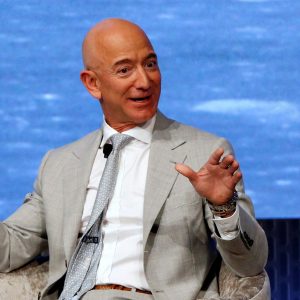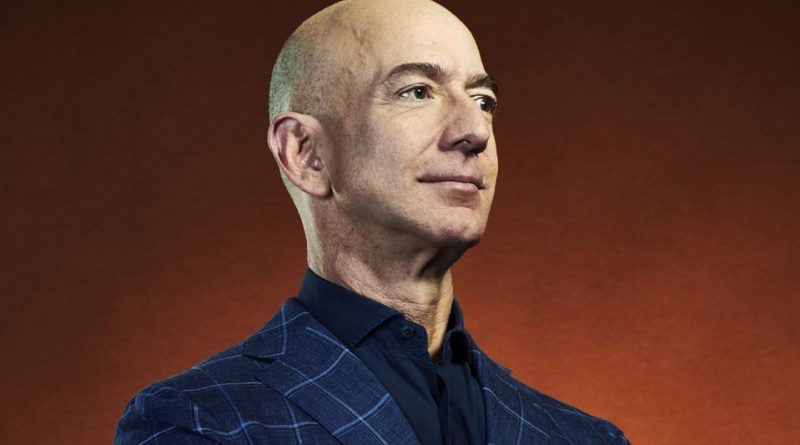Bezos, A Rich Man Getting Richer, and the Rise of Income Inequality
Kristin Acheson
Trending Writer

In recent news, billionaire Jeff Bezos’ net worth has surpassed $200 billion. This can mostly be attributed to the fact that Amazon has proven to be vital to people’s lives during the COVID-19 pandemic. While small businesses are suffering to survive the pandemic, families are struggling to put food on the table, and the pandemic-related layoffs leave millions without jobs, Jeff Bezos is just getting richer. Where others are facing an enormous economic downfall, Bezos sees economic growth and prosperity at a point in time where income inequality is rampant.
Take, for example, the city of Seattle, the hub of Amazon, where homelessness is at a new high, and Amazon is fighting back against the payroll tax. This “Amazon tax” would provide money for rebuilding Seattle’s economy after the pandemic, but Amazon keeps pushing back on it, resulting in no new legislation.
After Amazon’s repetitive attempts to give a savior-like appearance and bring meaningful change to the community, all projects they attempt to fund do not get passed. For example, Jeff Bezos promised to support measures that aim to fight climate change, but the shares Bezos’ owns in Amazon rose twice the amount he pledged to donate. His shares are now worth approximately $20 billion. This shows that any decision Bezos’ makes will only perpetuate income inequality in the world due to him holding so much of the wealth back. According to Yale Insights, the wealthiest 10% of the population owns 47% of the national income, and it is only rising without more massive taxes on the rich.
Also, class divisions go farther than just wealth inequality. For example, when being hired for a job, the clothing a person wears and how they speak can factor into whether an employer hires them or not. The ideology of merit in society as a measure of success can be attributed to widening the gap.
The saying “the rich just get richer” is a central idea in society today and something that needs to be changed since they have multiple handles and power in the government. A challenge that arises when attempting to combat income inequality can be contributed to Amazon’s vertical integration. This creates a more impenetrable wall. Without a government handle on and changing Amazon and other monopolies’ diversification, it is difficult to change the current circumstance without major taxes implemented on the rich.
Payroll taxes, especially in the city of Seattle, have been proven to be necessary for building more affordable housing and bringing housing prices down in a city that is practically unaffordable without affordable housing. On the other hand, Amazon has created many jobs for people, but more jobs are being taken away from other companies that can inhibit future improvement. For example, due to Amazon owning its fulfillment and shipping services, the United States Postal Service is being underfunded.
During a recent congressional hearing, Bezos’ repeatedly dismissed the fact that his business is not very powerful. Instead, Bezos shifted the blame on other competitors and big tech companies in China. During a time of massive unemployment, income inequality, and higher housing costs, big tech companies need to be held accountable when the taxes are not being pushed on the people who accumulate the most wealth.
Virtual markets are crucial during this COVID-19 pandemic, so it is difficult to avoid Amazon. However, understanding the large disparity between most of the population and the top 1% is the first step in understanding how income inequality is drastically changing America’s economic landscape.
Contact Kristin at achesokr@shu.edu

